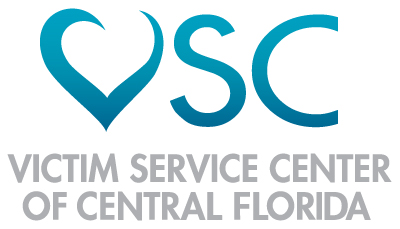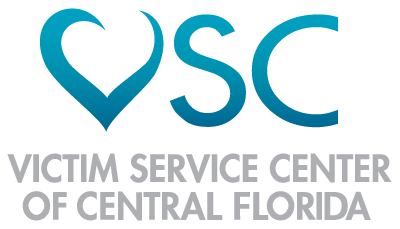Vulnerability: How Letting Go of Control Can Empower Our Clients
By: Holly Smith, LMHC | Senior Therapist/Clinical Coordinator
Vulnerability has become quite a buzz word lately, but what does it actually mean? It has evolved from a measure of weakness to a mark of openness and connection in our relationships. Its historical definition doesn’t fit for us anymore. To have deep, lasting connections with others we have to allow ourselves room for vulnerability.
There is a bigger implication here when it comes to our role as healers, therapists, advocates, and direct service providers. We have been given the rather consistent message that being a blank slate in sessions or being the expert of someone else’s journey is our job. There are ethical practices of vulnerability that can make us whole human beings for our clients. This is paramount in helping survivors of sexual trauma heal.
Here are a few examples of how letting go of our own need to be perfect in sessions can truly empower clients:
Trust: The first thing that is compromised when a sexual trauma occurs is the client’s ability to trust themselves, their environment, and their relationships. Clients know when they have an actor in front of them. Learning that they will get real, honest, and consistent feedback from their therapist is where we can lay the foundation for them to trust in future relationships. This is acknowledging when we don’t have answers or make a mistake. This is recognizing and owning our humanness.
Outbursts of Emotion: The message most of us get is that we should shut down the “bad” emotions such as sadness, anger, fear, etc. Allowing ourselves to show our sadness at their experiences and our anger at their injustices, gives us a powerful role in validating their personal emotional responses. This can help survivors avoid bottling their feelings and minimize later emotional outbursts.
Stress Responses: Many survivors have difficulty with the hormonal responses in their brain after a traumatic event. Their sleep patterns, memory consolidation, and trigger responses are all affected by these hormones. When we are tired, experiencing activation, or struggling to concentrate in sessions, we have an opportunity to model and communicate needs and self care. This makes it easier for the client to take these steps in their own life.
The practice of vulnerability with our clients requires transparency, courage, and authenticity. If we are able to cultivate these principles in our own lives and professional practice, we have the opportunity to take our clients on a deeper healing journey.





